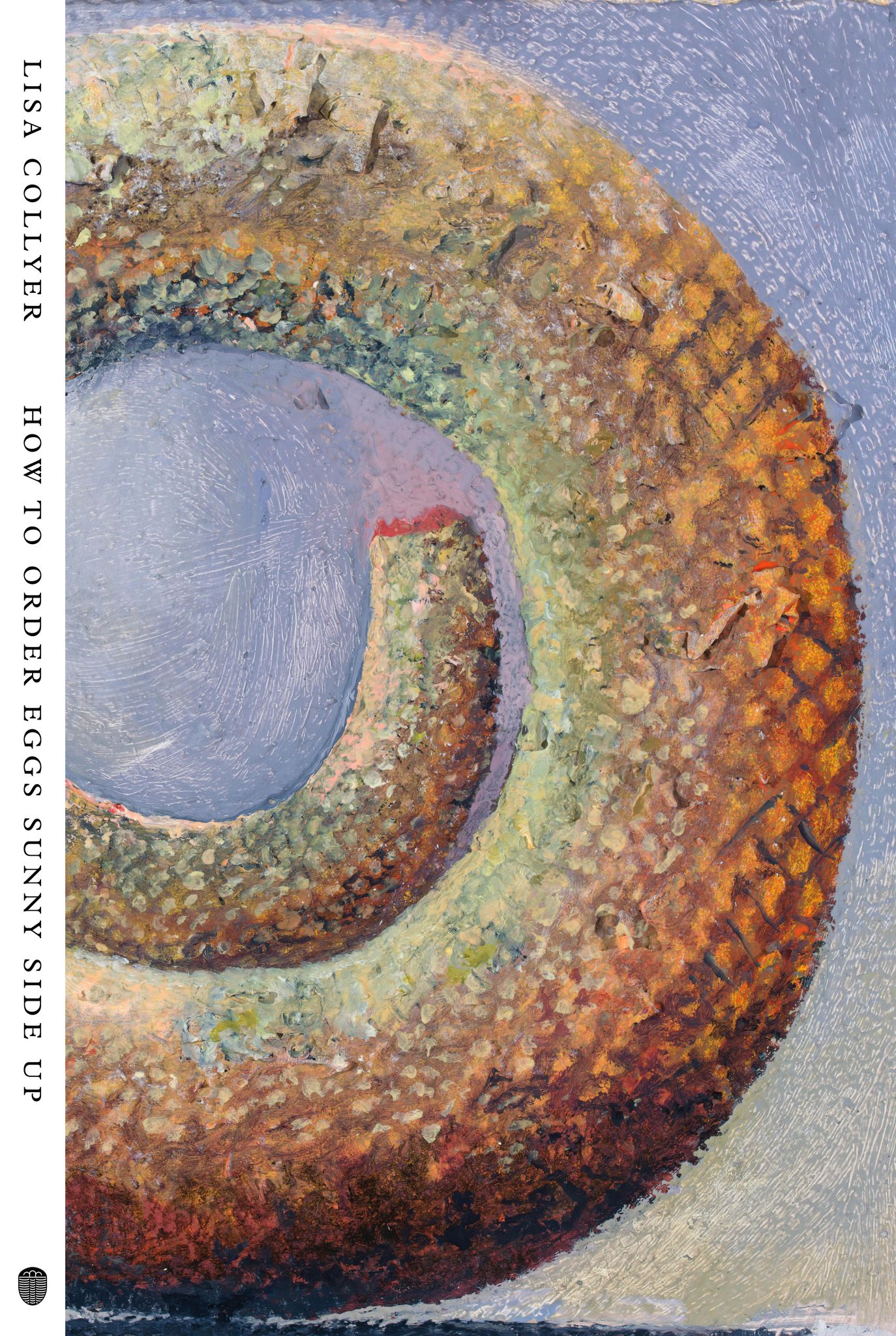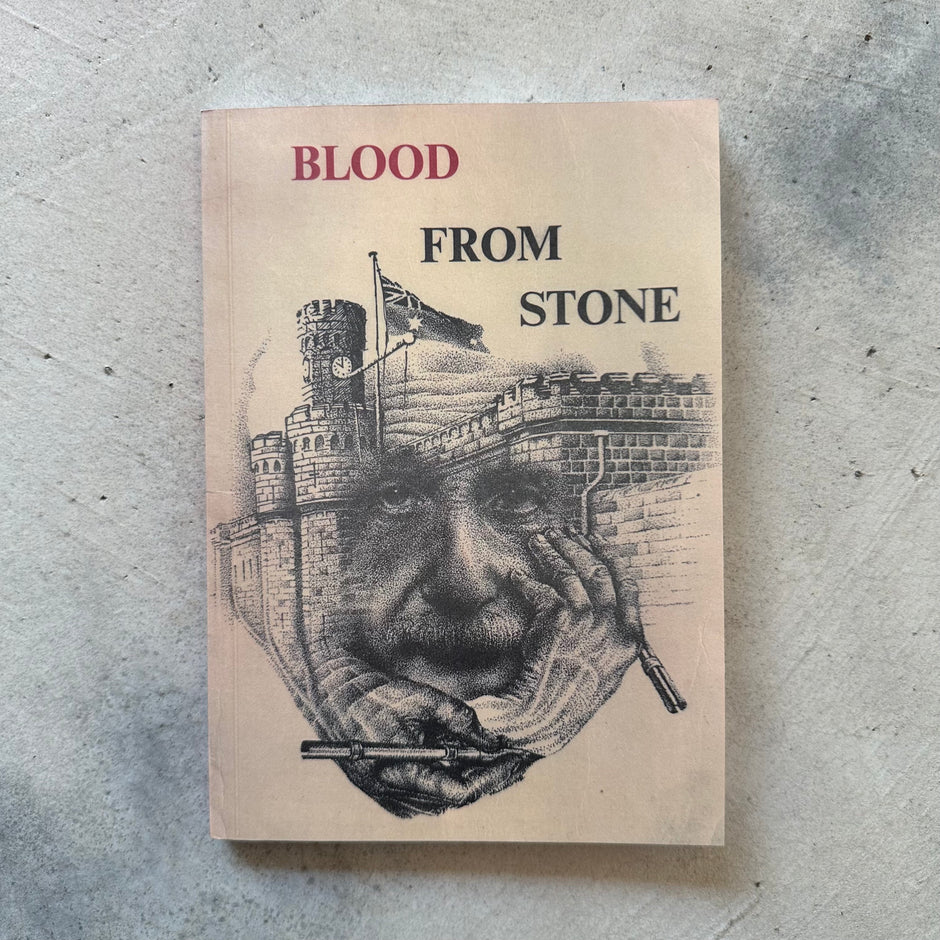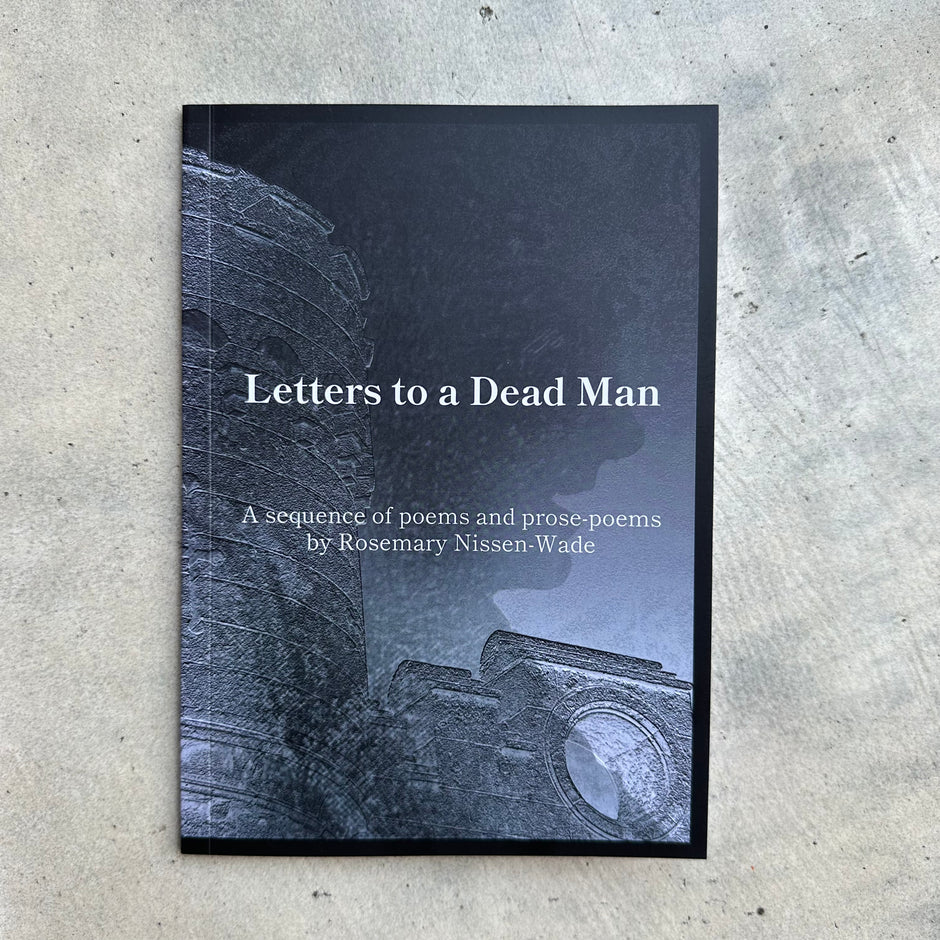 Kin is a deeply researched book that explores the many ways families are made today, whether that be families without children, families created by sperm donation, IVF, surrogacy, adoption, and parenting with three or more to name just a few. Kamanev does a wonderful job exploring these iterations, combining historical context, stories, interviews, research, personal anecdotes, and pervasive assumptions.
Kin is a deeply researched book that explores the many ways families are made today, whether that be families without children, families created by sperm donation, IVF, surrogacy, adoption, and parenting with three or more to name just a few. Kamanev does a wonderful job exploring these iterations, combining historical context, stories, interviews, research, personal anecdotes, and pervasive assumptions.
A review of Notorious in Nashville by Phyllis Gobbell
 Music is everywhere in Notorious. From the opening scene at the venerable Bluebird Cafe to the Schermerhorn Symphony to the rusty strings of a down-and-out songwriter forgotten by radio and time. And so, like a great country song, Notorious descends into the trouble in Music City in search of its truth.
Music is everywhere in Notorious. From the opening scene at the venerable Bluebird Cafe to the Schermerhorn Symphony to the rusty strings of a down-and-out songwriter forgotten by radio and time. And so, like a great country song, Notorious descends into the trouble in Music City in search of its truth.
An interview with Maddie Norris, author of The Wet Wound
 The author of The Wet Wound talks about her new book, choice of subtitle, balancing the heaviness of subject matter, ideal reader, the use of illustrations, and more.
The author of The Wet Wound talks about her new book, choice of subtitle, balancing the heaviness of subject matter, ideal reader, the use of illustrations, and more.
The World Stands on Its Head: a review of Between Two Fires by John Grey
 Grey’s topic is the human condition. Fate rolls the dice. Fate, like fire, is both friend and enemy. The people in these poems are resigned and resilient. They choose and do not choose. The poet’s concerns are vitality, perplexity and empathy.
Grey’s topic is the human condition. Fate rolls the dice. Fate, like fire, is both friend and enemy. The people in these poems are resigned and resilient. They choose and do not choose. The poet’s concerns are vitality, perplexity and empathy.
A review of How to Order Eggs Sunny Side Up by Lisa Collyer
 Even when the work is set in domestic settings such as a hair dressers, a department store, or even a toilet grimacing over a toxic gut, there is always a sense of being part of a fascia that connects everything – the distinctions between people, nature, past and present are often blurred.
Even when the work is set in domestic settings such as a hair dressers, a department store, or even a toilet grimacing over a toxic gut, there is always a sense of being part of a fascia that connects everything – the distinctions between people, nature, past and present are often blurred.
A review of City Under One Roof by Iris Yamashita
 Yamashita’s writing is brisk and feels very written for the screen, with each scene progressing at a rapid clip. Characters are developed quickly and motives rapidly unfurl.
Yamashita’s writing is brisk and feels very written for the screen, with each scene progressing at a rapid clip. Characters are developed quickly and motives rapidly unfurl.
A review of Magus: The Art of Magic from Faustus to Agrippa by Anthony Grafton
 Anthony Grafton, who has made a career writing about similar rarities, conjunctions and mystifications, is a master historian, a writer who goes elbow deep, fearlessly, into artifact, archive, and multi-lingual sources (including Latin and Ancient Greek) as he chases the dragons of medieval magic and mystification.
Anthony Grafton, who has made a career writing about similar rarities, conjunctions and mystifications, is a master historian, a writer who goes elbow deep, fearlessly, into artifact, archive, and multi-lingual sources (including Latin and Ancient Greek) as he chases the dragons of medieval magic and mystification.
A review of Vanished Earth by Geoff Nelder
 Nelder’s world building is excellent and his scientific capability is very clear. Everything flows smoothly and makes perfect sense, even when it involves the wryly sardonic artificial intelligence, Can, whose witty missives are no longer quite as futuristic as it was in books 1-3 given the speed at which AI is developing, quantum displacement technology (the “pinch”), or turbojets that are able to descend into Jupiter.
Nelder’s world building is excellent and his scientific capability is very clear. Everything flows smoothly and makes perfect sense, even when it involves the wryly sardonic artificial intelligence, Can, whose witty missives are no longer quite as futuristic as it was in books 1-3 given the speed at which AI is developing, quantum displacement technology (the “pinch”), or turbojets that are able to descend into Jupiter.
A review of Blood from Stone
 The collection is an eye opener, poems made in an environment of incarceration and punishment about life ‘Inside’. About jail, about being a prisoner and the fear and danger of prison life. Most of the poems are coruscating and angry and explore issues of life inside, of loss and anger, pleading for real justice and rehabilitation, often displaying a hard wisdom learnt at the hands of corrupt and cruel prison officers.
The collection is an eye opener, poems made in an environment of incarceration and punishment about life ‘Inside’. About jail, about being a prisoner and the fear and danger of prison life. Most of the poems are coruscating and angry and explore issues of life inside, of loss and anger, pleading for real justice and rehabilitation, often displaying a hard wisdom learnt at the hands of corrupt and cruel prison officers.
A review of Letters to a Dead Man by Rosemary Nissen-Wade
 Letters to a Dead Man are not letters but prose and poetry about a forbidden love or if not forbidden unethical. This intense love is between a man and a woman is set in Pentridge Prison. Reading the poems it is difficult to decide who was the prisoner and who was the free person. I had my suspicions which were confirmed later.
Letters to a Dead Man are not letters but prose and poetry about a forbidden love or if not forbidden unethical. This intense love is between a man and a woman is set in Pentridge Prison. Reading the poems it is difficult to decide who was the prisoner and who was the free person. I had my suspicions which were confirmed later.